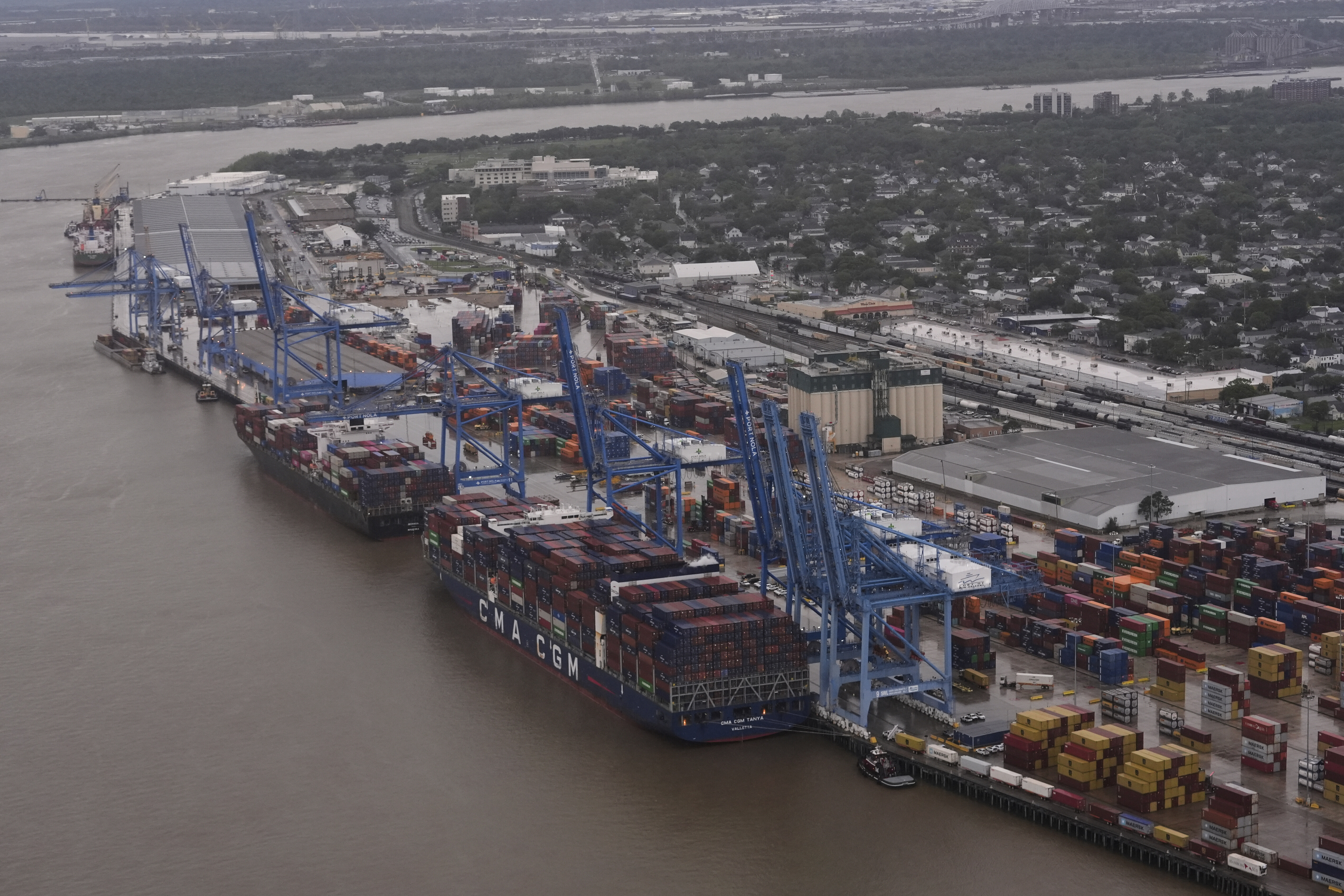A specter haunts the fast-aging "New American Century": the possibility of a future Beijing-Moscow-Berlin strategic trade and commercial alliance. Let's call it the BMB.
Its likelihood is being seriously discussed at the highest levels in Beijing and Moscow, and viewed with interest in Berlin, New Delhi, and Tehran. But don't mention it inside Washington's Beltway or at NATO headquarters in Brussels. There, the star of the show today and tomorrow is the new Osama bin Laden: Caliph Ibrahim, aka Abu Bakr al-Baghdadi, the elusive, self-appointed beheading prophet of a new mini-state and movement that has provided an acronym feast -- ISIS/ISIL/IS -- for hysterics in Washington and elsewhere.
No matter how often Washington remixes its Global War on Terror, however, the tectonic plates of Eurasian geopolitics continue to shift, and they're not going to stop just because American elites refuse to accept that their historically brief "unipolar moment" is on the wane. For them, the closing of the era of "full spectrum dominance," as the Pentagon likes to call it, is inconceivable. After all, the necessity for the indispensable nation to control all space -- military, economic, cultural, cyber, and outer -- is little short of a religious doctrine. Exceptionalist missionaries don't do equality. At best, they do "coalitions of the willing" like the one crammed with "over 40 countries" assembled to fight ISIS/ISIL/IS and either applauding (and plotting) from the sidelines or sending the odd plane or two toward Iraq or Syria.
NATO, which unlike some of its members won't officially fight Jihadistan, remains a top-down outfit controlled by Washington. It's never fully bothered to take in the European Union (EU) or considered allowing Russia to "feel" European. As for the Caliph, he's just a minor diversion. A postmodern cynic might even contend that he was an emissary sent onto the global playing field by China and Russia to take the eye of the planet's hyperpower off the ball.
Divide and Isolate
So how does full spectrum dominance apply when two actual competitor powers, Russia and China, begin to make their presences felt? Washington's approach to each -- in Ukraine and in Asian waters -- might be thought of as divide and isolate.
In order to keep the Pacific Ocean as a classic "American lake," the Obama administration has been "pivoting" back to Asia for several years now. This has involved only modest military moves, but an immodest attempt to pit Chinese nationalism against the Japanese variety, while strengthening alliances and relations across Southeast Asia with a focus on South China Sea energy disputes. At the same time, it has moved to lock a future trade agreement, the Trans-Pacific Partnership (TPP), in place.
In Russia's western borderlands, the Obama administration has stoked the embers of regime change in Kiev into flames (fanned by local cheerleaders Poland and the Baltic nations) and into what clearly looked, to Vladimir Putin and Russia's leadership, like an existential threat to Moscow. Unlike the U.S., whose sphere of influence (and military bases) are global, Russia was not to retain any significant influence in its former near abroad, which, when it comes to Kiev, is not for most Russians, "abroad" at all.
For Moscow, it seemed as if Washington and its NATO allies were increasingly interested in imposing a new Iron Curtain on their country from the Baltic to the Black Sea, with Ukraine simply as the tip of the spear. In BMB terms, think of it as an attempt to isolate Russia and impose a new barrier to relations with Germany. The ultimate aim would be to split Eurasia, preventing future moves toward trade and commercial integration via a process not controlled through Washington.
From Beijing's point of view, the Ukraine crisis was a case of Washington crossing every imaginable red line to harass and isolate Russia. To its leaders, this looks like a concerted attempt to destabilize the region in ways favorable to American interests, supported by a full range of Washington's elite from neocons and Cold War "liberals" to humanitarian interventionists in the Susan Rice and Samantha Power mold. Of course, if you've been following the Ukraine crisis from Washington, such perspectives seem as alien as any those of any Martian. But the world looks different from the heart of Eurasia than it does from Washington -- especially from a rising China with its newly minted "Chinese dream" (Zhongguo meng).
As laid out by President Xi Jinping, that dream would include a future network of Chinese-organized new Silk Roads that would create the equivalent of a Trans-Asian Express for Eurasian commerce. So if Beijing, for instance, feels pressure from Washington and Tokyo on the naval front, part of its response is a two-pronged, trade-based advance across the Eurasian landmass, one prong via Siberia and the other through the Central Asian "stans."











